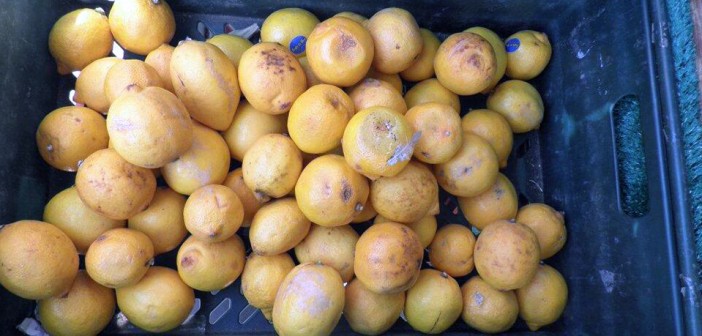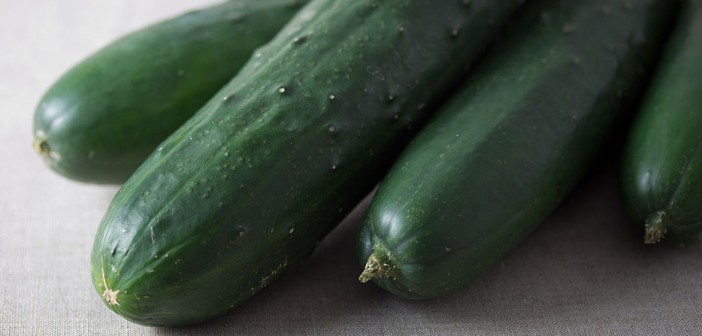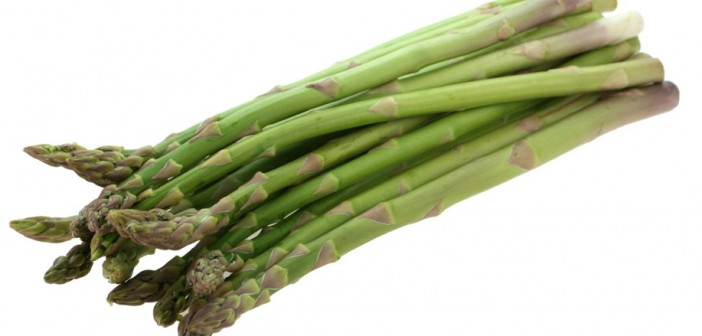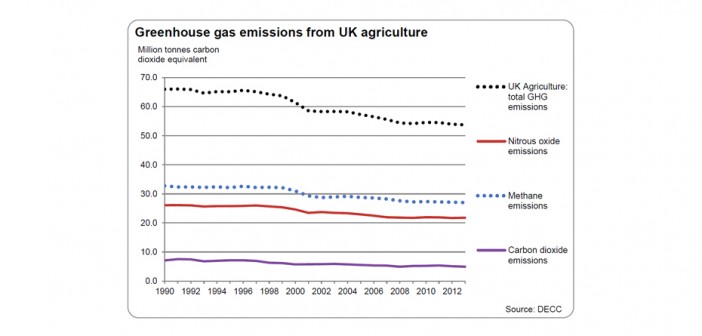A Kentish shopkeeper has been fined for selling rotten fruit and vegetables after an inspection by the Horticultural Marketing Inspectorate (HMI).
Ishtiaq Ahmed, proprietor of the Garden of England store in Canterbury was sentenced at Canterbury Magistrates Court on 23 November 2015. An HMI investigation in April found nine breaches of EU marketing rules for fresh produce quality and labelling, including apples and lemons which failed to meet the lowest marketable standards permitted.
Rural Payments Agency Operations Director Paul Caldwell commented, “Prosecution is only used as a last resort and we will always try to get businesses complying with the marketing standards through advice and guidance and, where possible, with the full cooperation and support from the business itself.”
Mr Ahmed pleaded guilty and was fined £1,305 for the offences, £2,871.42 for the prosecution’s costs and a £20 victim surcharge.

Photo Credit: Gov.uk
The post Kent shopkeeper fined for selling rotten fruit appeared first on Hort News.








